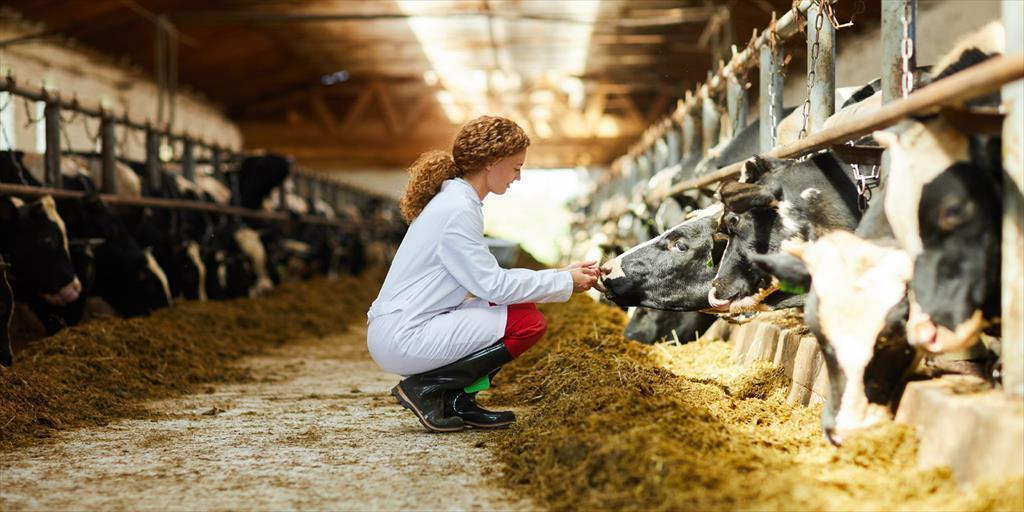Enhancing Agricultural Resilience: Farm Biosecurity Measures in Malaysia
At the center of Southeast Asia, Malaysia boasts a flourishing agricultural industry that has a crucial role to play in supporting the country’s economic growth and feeding the people. Agriculture is a major contribution to the country’s GDP, it is essential to protect the vital sector from dangers including pests, diseases as well as other biohazards, cannot be understated. That’s why biosecurity on farms comes in as an proactive strategy to secure the interests of farmers, ensure the security of food supply, and to ensure an environmentally sustainable agriculture. In this piece we explore the realm of biosecurity for farms in Malaysia and examine its significance in terms of its key elements as well as the function it plays in safeguarding the country’s agricultural future.
Farm biosecurity encompasses a broad collection of measures and practices created to control, prevent and control the introduction and expansion of disease, pests and other biological hazards in farms. In Malaysia the country that is home to agriculture, which thrives off diverse crops such as palm oil, rubber rice, and tropical fruit protection against disease and pests is a must. First protection is controlling the movement of individuals and vehicles, as well as equipment and livestock in the farms and out. The strictest quarantine, hygiene and sanitation measures are implemented to reduce the possibility of spreading disease and ensure the health of the agricultural ecosystems.
The country’s climate and geographical position are prone to numerous crop bugs and diseases. The most famous instances is fighting the destructive and invading Red Palm Weevil (RPW) which is a pest of palm oil trees, which are an important agricultural crop that is vital to Malaysia’s economic. To fight this threat, as well as other threats to protect the country, it is the Malaysian government, working with the farming community is implementing strict biosecurity procedures. They include monitoring and early detection systems as well as quarantine facilities. studies to create disease-resistant plant varieties.

Achieving effective biosecurity for farms can’t occur by chance. It is a commitment and knowledge of all those involved in the agriculture sector. Malaysia recognizes the significance of informing the agricultural workforce, farmers and other authorities in the relevant areas about biosecurity precautions. Workshops and training programs are organized to educate and empower individuals with essential skills required to detect possible threats to report incidents and effectively implement biosecurity measures. For more information please visit here Sunzencorp
The modern age of technology is now an essential all-rounder in combating agriculture-related threats. Malaysia makes use of technological advancements in order to improve its biosecurity strategies. As an example remote sensing, satellite imagery are employed for monitoring the health of crop plants and to identify any irregularities that might be a sign of the presence of diseases or insects. Furthermore, drones that are equipped with cameras and sensors can be used to monitor aerially huge agricultural fields. This allows immediate response to any new problems.
Biosecurity is a global issue Collaboration with neighbouring countries as well as international organizations is crucial to ensure the safety of the agricultural sector. Malaysia actively takes part in international and regional efforts to improve its biosecurity efforts. Sharing experiences, knowledge and the best practices of other countries is vital for early detection, quick intervention, and stopping spreading of infectious diseases or pests that may destroy the livelihood of farmers and crops.

